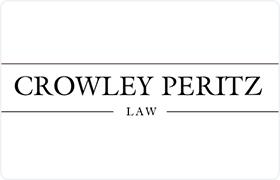Gainesville Criminal Lawyer, Virginia
Sponsored Law Firm
-
 x
x

Click For More Info:
-
Crowley Peritz Law
10560 Main Street Suite 501 Fairfax, VA 22030» view mapCriminal Defense Law Over 20 Years Of Combined Experience
Our lawyers are experts in a variety of misdemeanor and felony crimes. We understand that choosing the best criminal lawyer for your case is not a simple task.
800-916-2741
Guy F. White
✓ VERIFIEDWith over 25 years of experience in law, Attorney White has a broad range of expertise. Handling of criminal, DUI and traffic offenses with extens... (more)
Nicole Holls Naum
✓ VERIFIEDNicole H. Naum is a Partner and founding member of Battlefield Law Group PLLC. Ms. Naum is a trial attorney who has dedicated her career to protecting... (more)
Andrew William Lindsey
Andrew Lindsey is a valued member of the firm’s Northern Virginia legal team, but has litigated criminal cases from border to border of the Commonwe... (more)
Steve Duckett
Steve Duckett is a lawyer in the state of Virginia who handles criminal cases. He has tried cases involving assault, drug crimes, DUI, gun charges,... (more)
 Matthew Crowley Fairfax, VA
Matthew Crowley Fairfax, VA Practice AreasExpertise
Practice AreasExpertise




